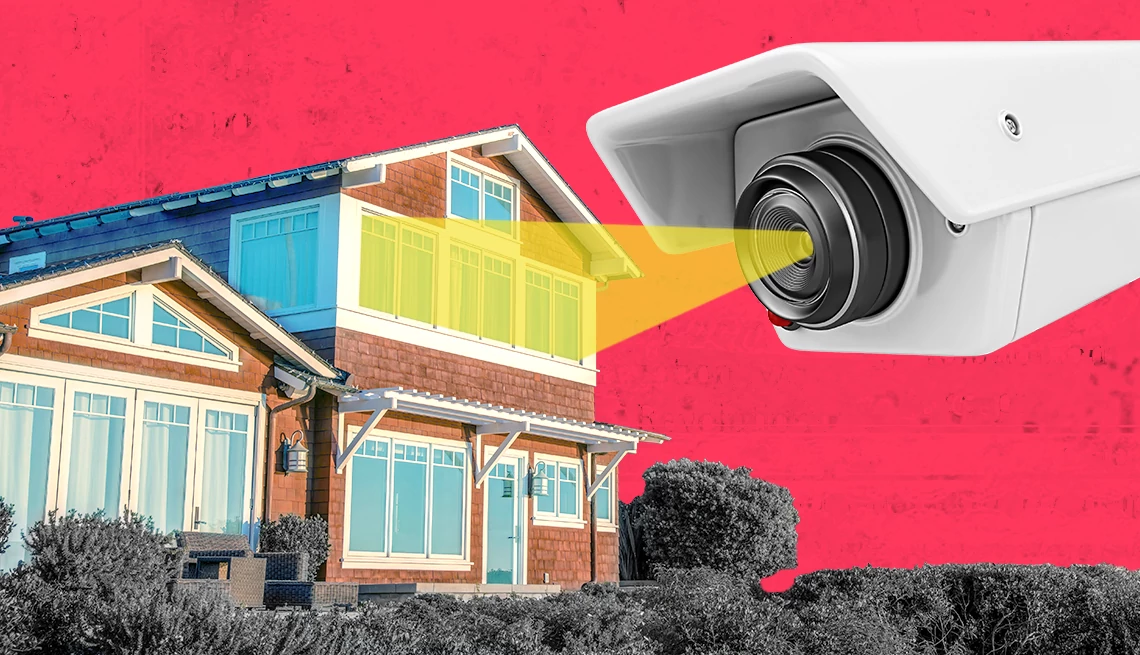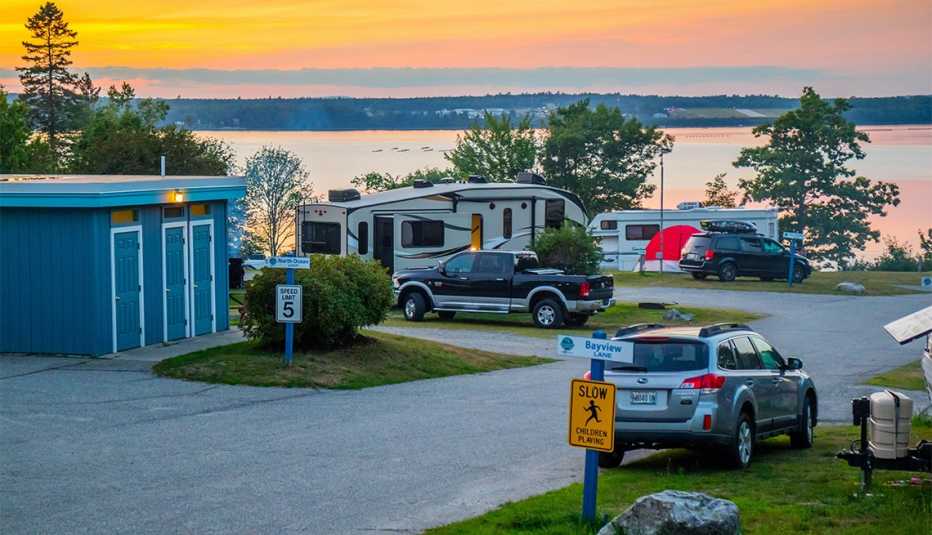AARP Hearing Center
Whether you are an experienced camper and avid RVer like me, or planning your first camping trip ever, staying in campgrounds makes living in nature easier. They bridge the raw beauty of the great outdoors and the indoor comforts and conveniences of home.
According to IBISWorld, an organization that provides industry research, there are more than 15,000 campgrounds in the country. Each one offers different services and amenities.
In the last two decades RV ownership has increased 62 percent, according to a 2021 Go RVing demographic profile of RV owners. Owners are almost equally divided between those over 55 and those younger, the profile notes. The report identified seven types of RV owners. More than half of the RV owners were older than 55 in five of the seven groups.
The same profile indicated that when RVers are searching for campground accommodations, state parks are the most popular at 63 percent, followed by private campgrounds at 53 percent, and national parks at 35 percent.
No matter the type of campground, guests usually share not only the starry skies above, but public facilities including bathrooms, bathhouses, laundries, rec rooms and recreational spaces. Only you can determine your comfort using them.
When choosing a campground, first take an honest assessment of your personal standards for feeling at home living outdoors and compare that to what the campground provides.
To help you decide what is right for you, here are campground lifestyle tips and insights into campground operations.
Booking a campsite
A campground’s surrounding natural environment influences what services are available. Before booking campsites, you need to understand descriptions of them. Changing campsites upon arrival can be difficult, especially in busy summer months.
Park Ranger Ryan Koepke oversees the Indiana Dunes National Park’s Dunewood Campground’s bookings and operations. Explaining campsite terminology, he says “full RV hookup” campsites have electricity, water, sewerage and possibly cable TV. Full hookup campsites at national parks and state parks are very limited.
For the term “dry campsite,” Koepke says it can be confusing. These may have electricity, or not. “Primitive campsites,” often tent sites, generally do not have any services.
All campgrounds have either pit, port-a-pot (portable) or flush toilets. Many campgrounds have pet-designated campsites and accessible sites, often with paved areas.


































































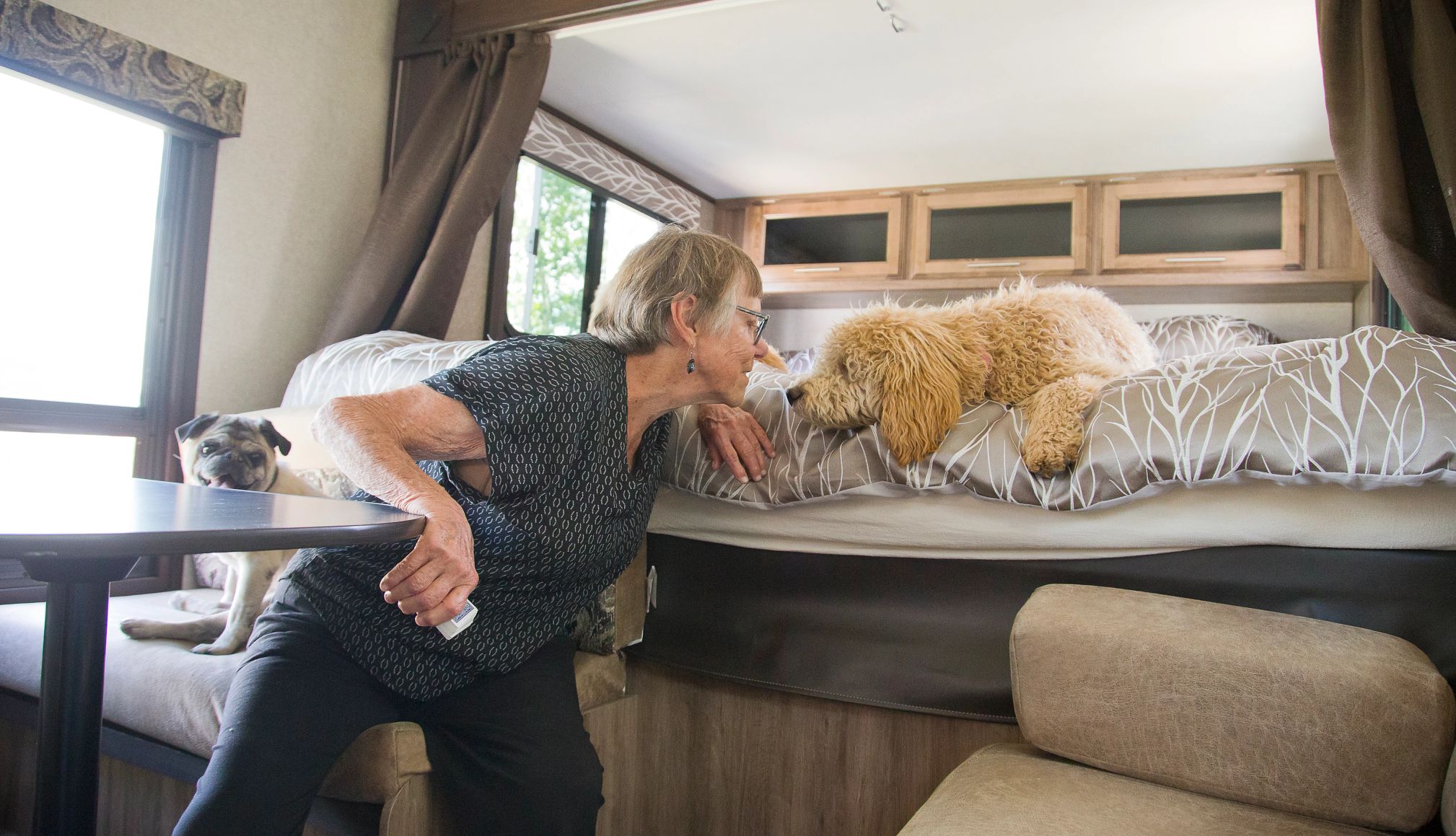
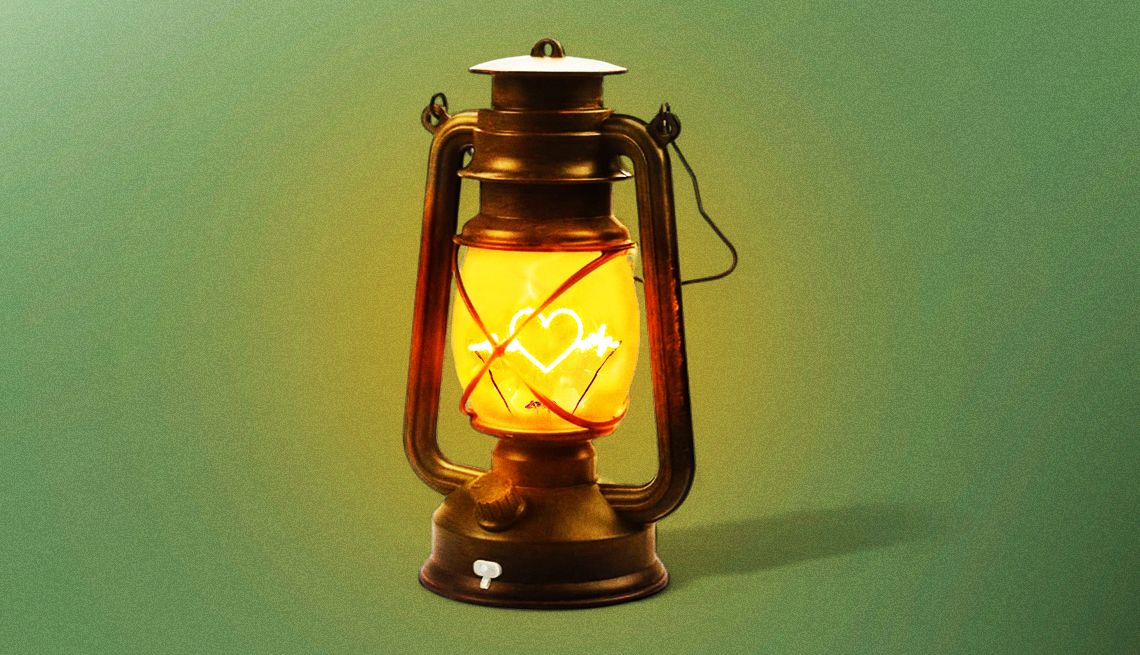
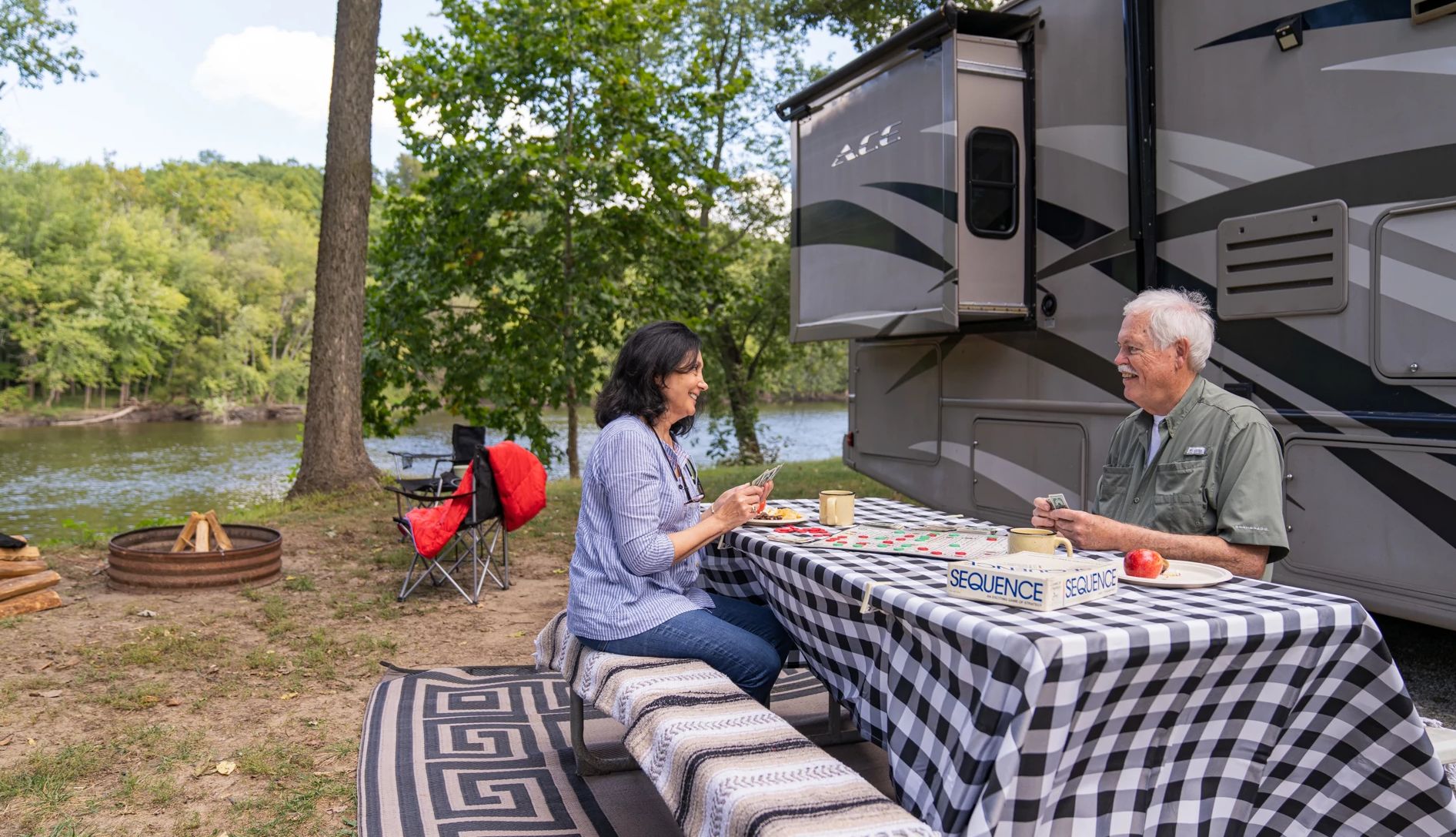
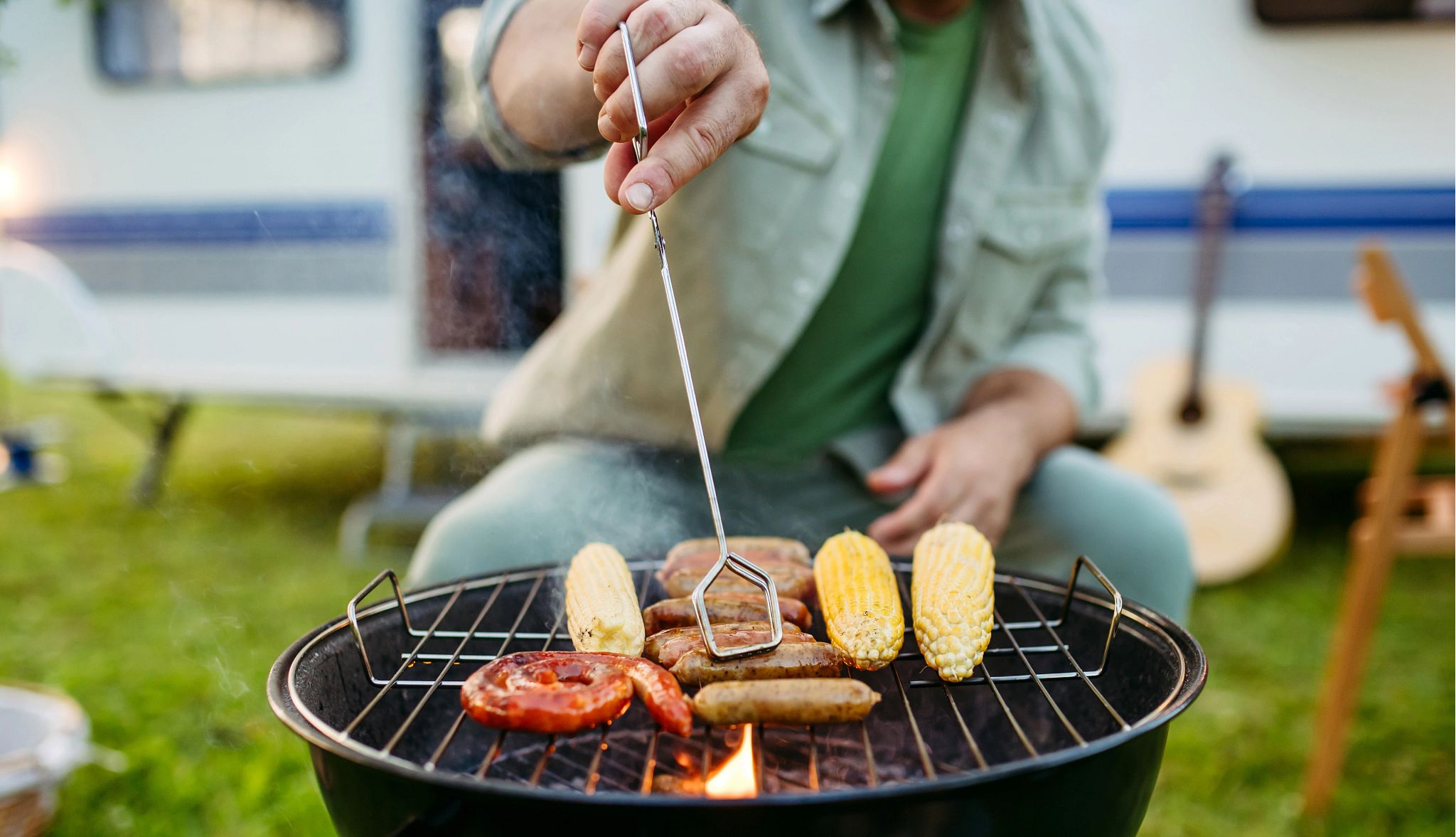
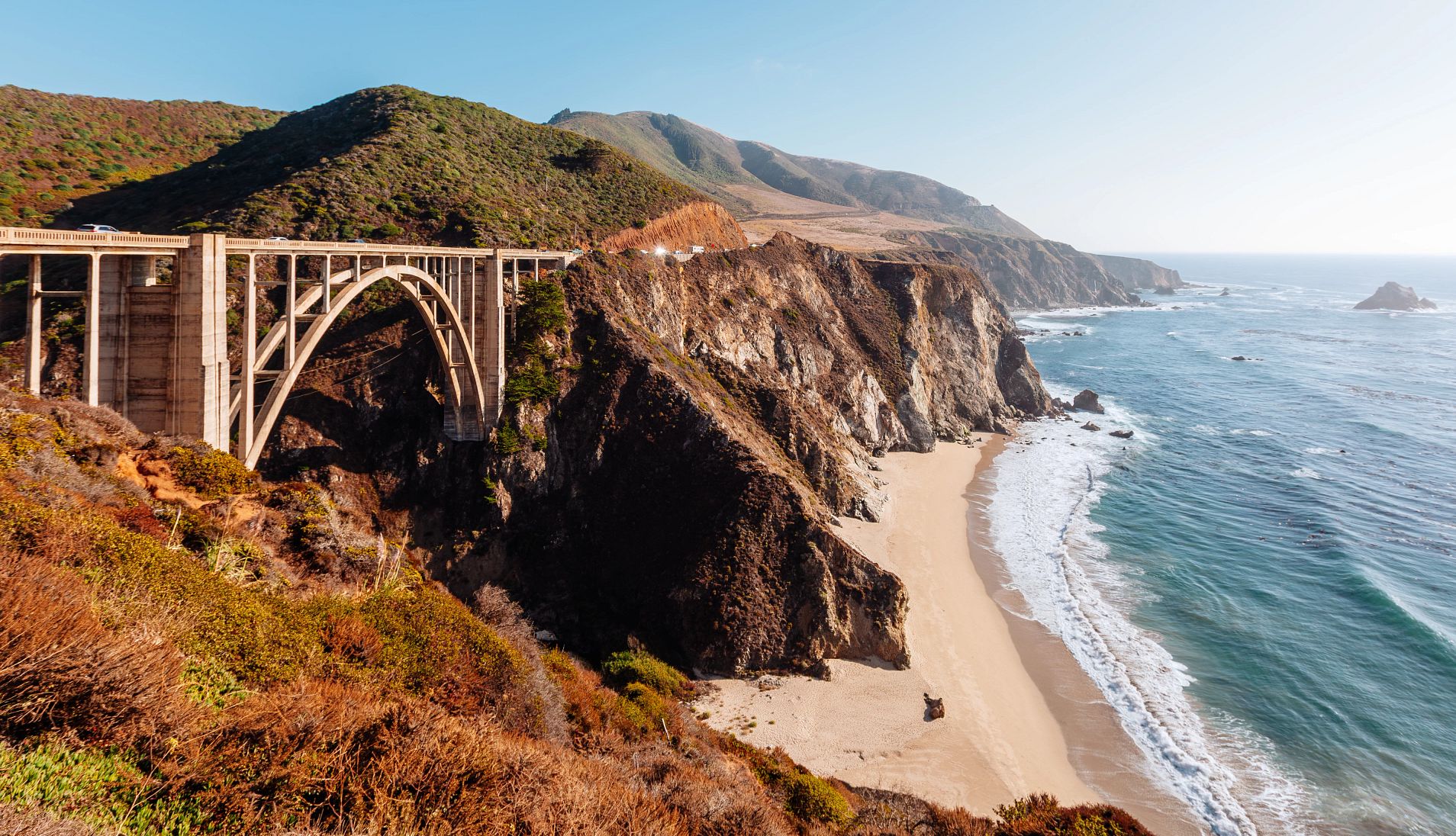
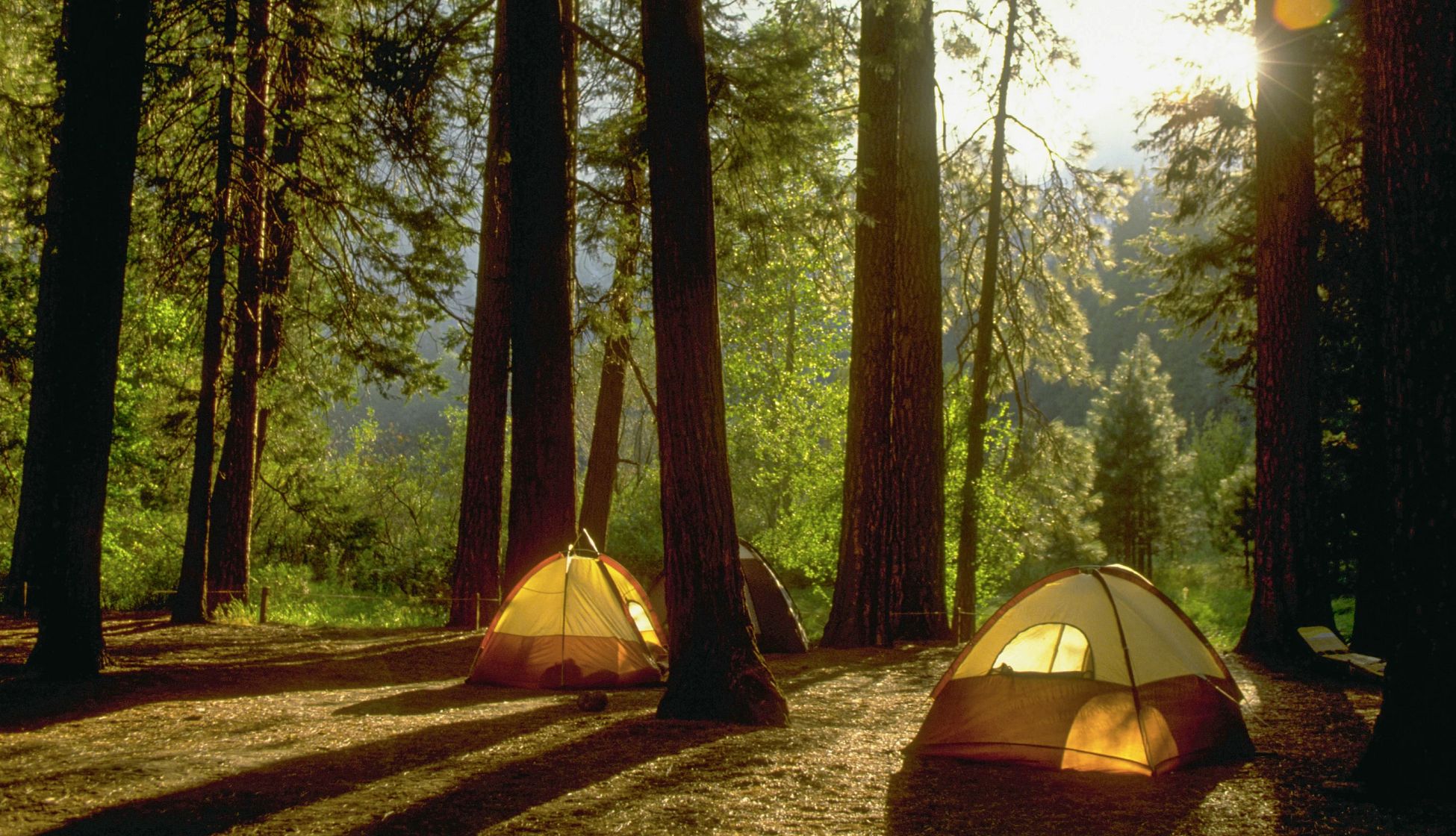
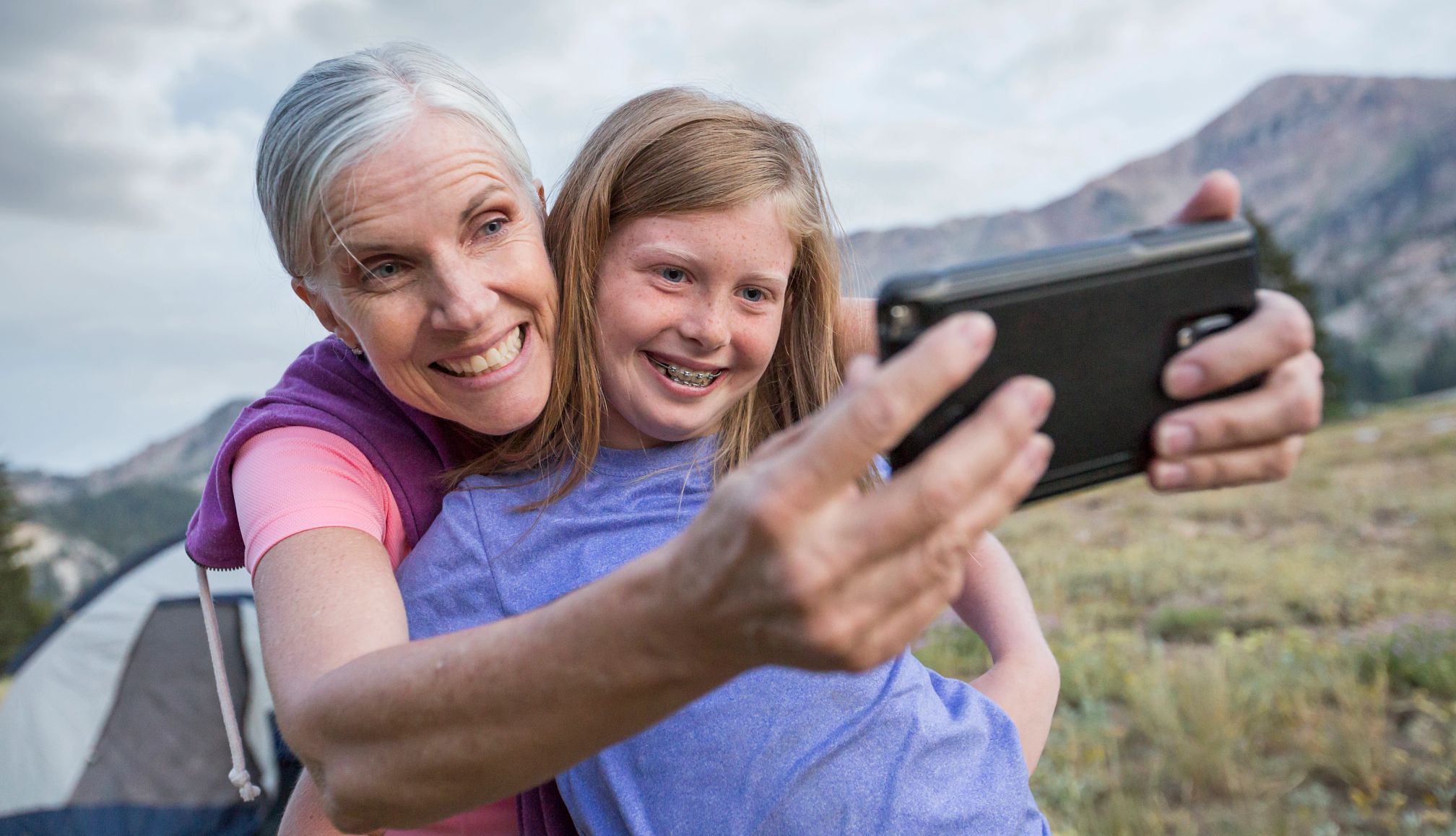
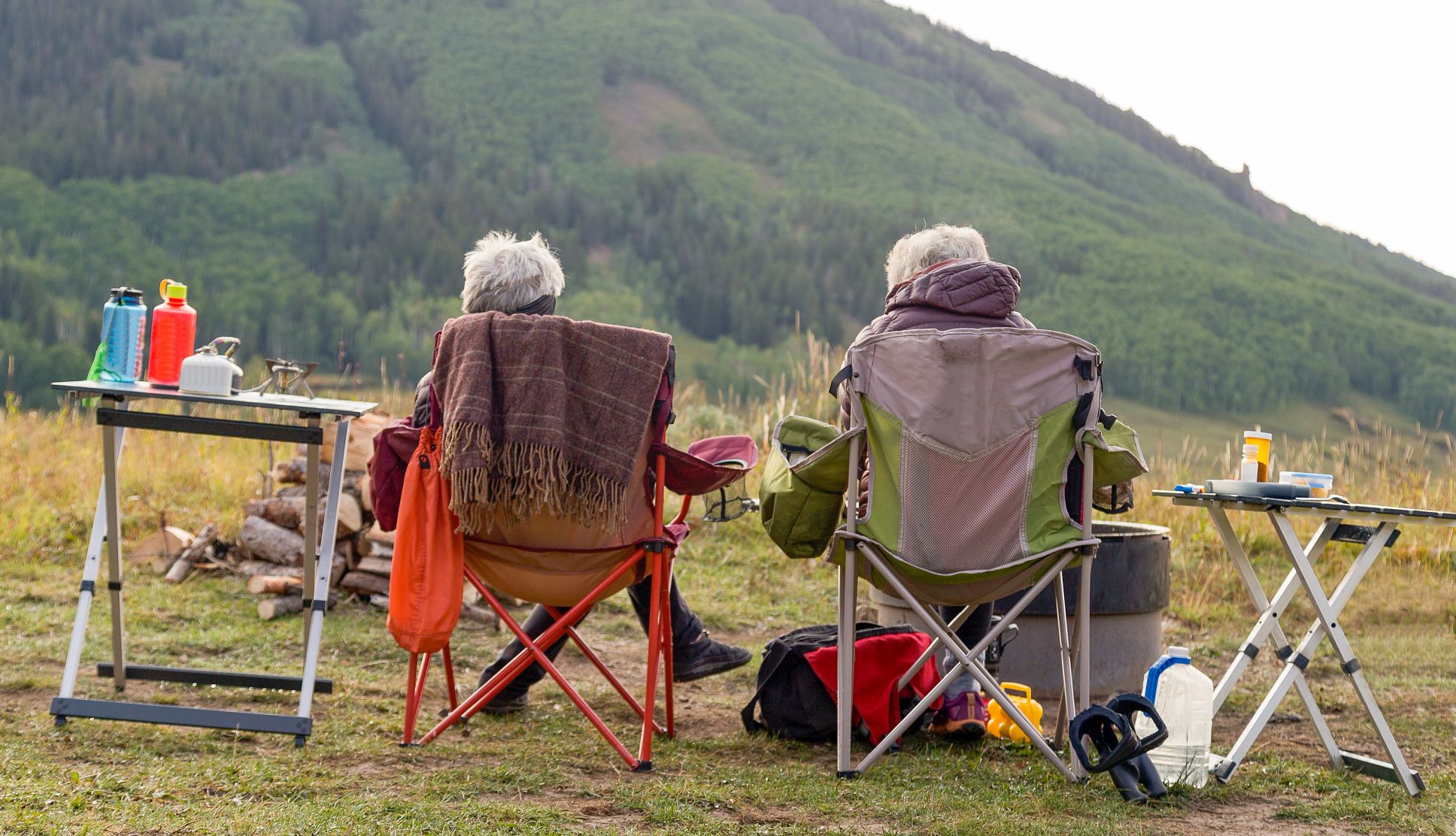
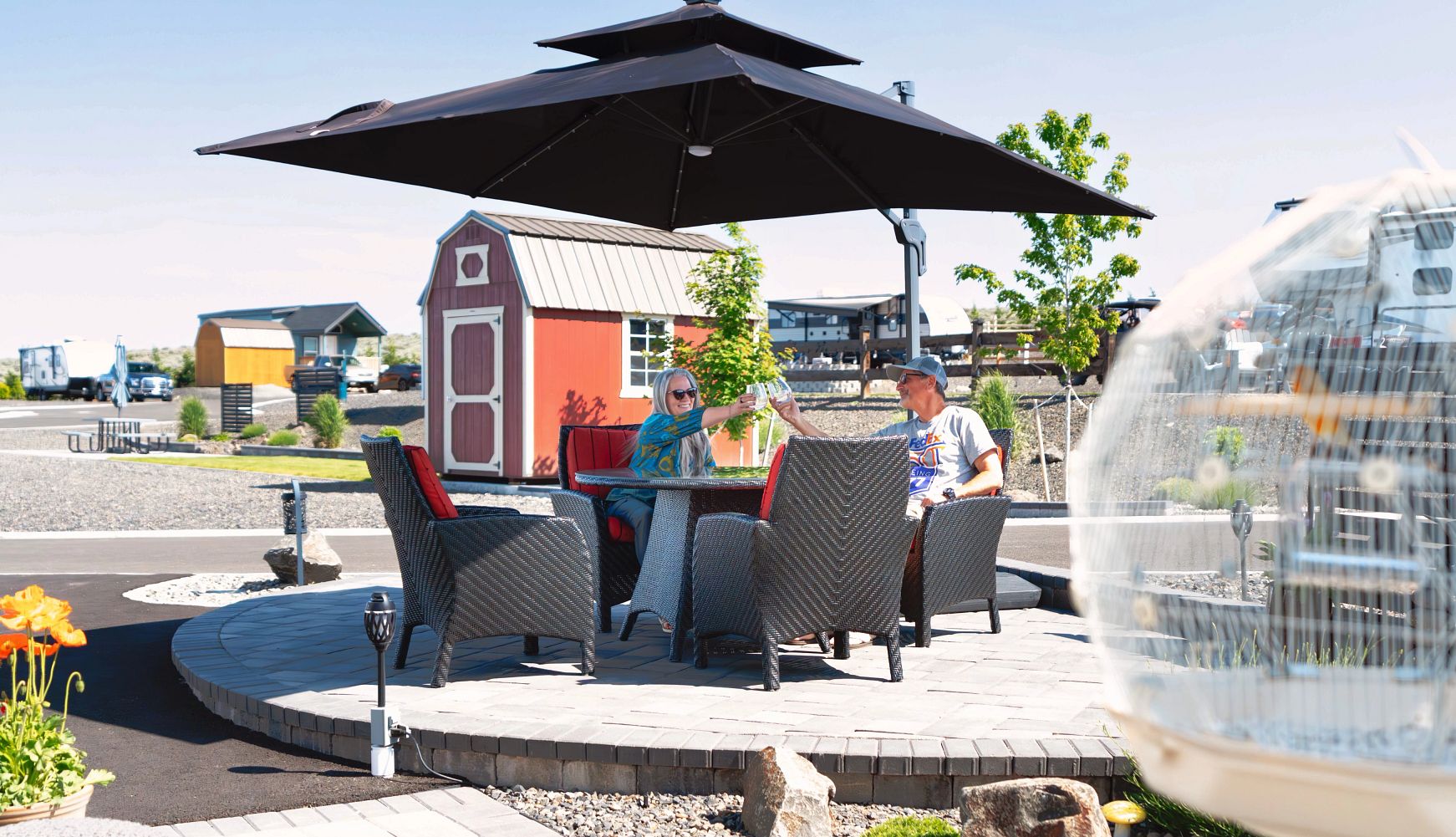
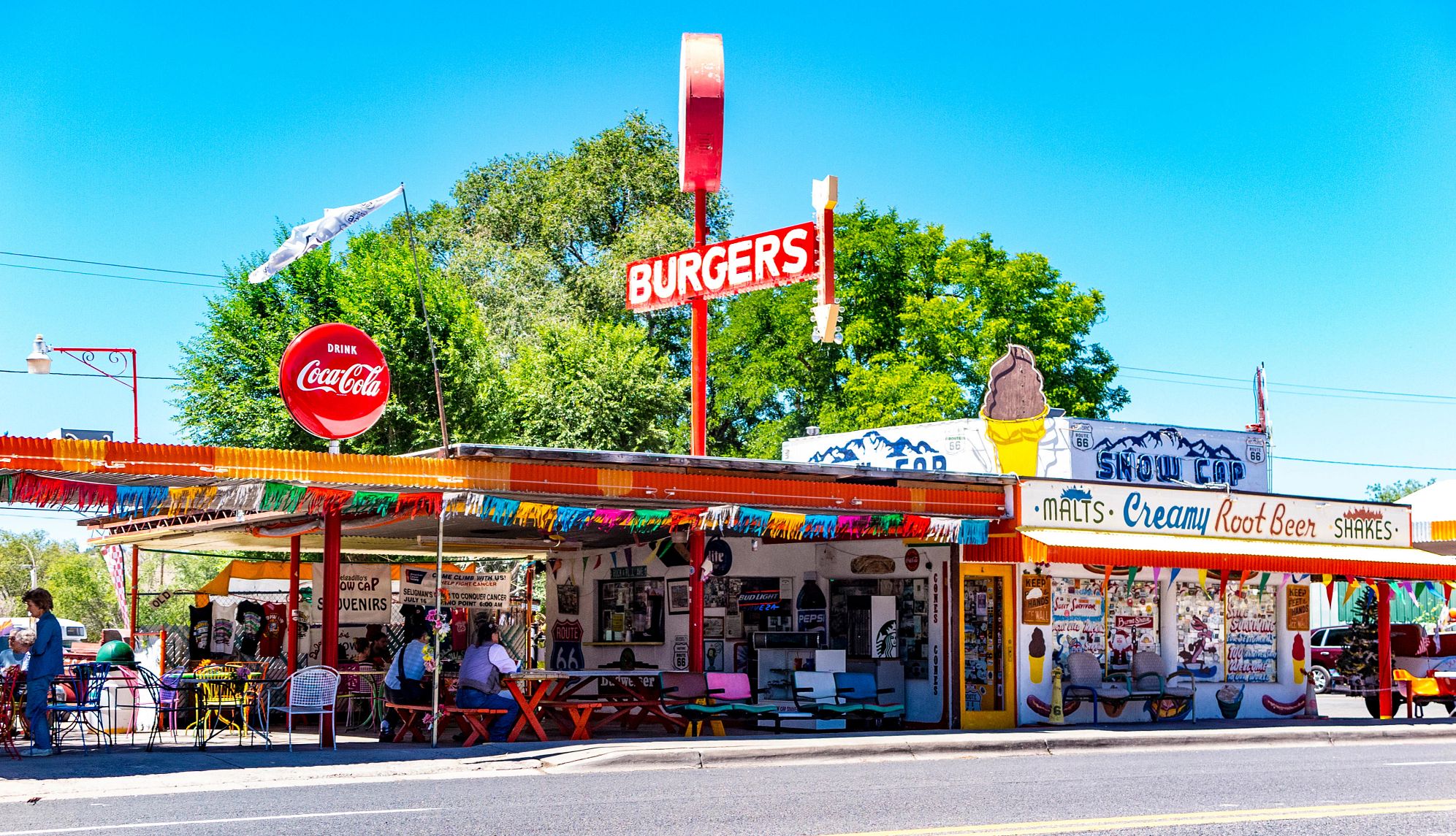

.jpg?crop=true&anchor=-2,0&q=80&color=ffffffff&u=2xkwh0&w=1664&h=956)

